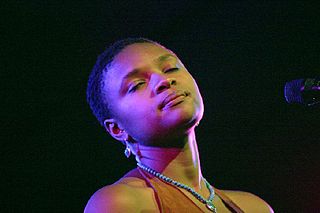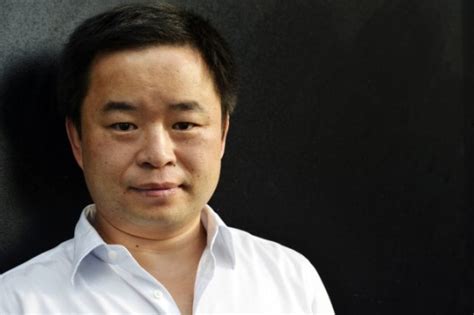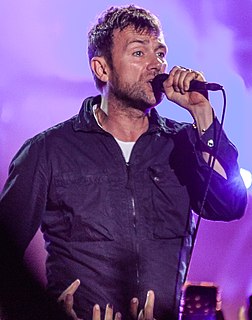A Quote by Tim O'Brien
I don't think I'd call myself a war writer, but I would probably say I'm a writer who has written about war.
Related Quotes
Everyone always asks, was he mad at you for writing the book? and I have to say, Yes, yes, he was. He still is. It is one of the most fascinating things to me about the whole episode: he cheated on me, and then got to behave as if he was the one who had been wronged because I wrote about it! I mean, it's not as if I wasn't a writer. It's not as if I hadn't often written about myself. I'd even written about him. What did he think was going to happen? That I would take a vow of silence for the first time in my life? "
I say "on principle" [regarding 'lesbian writer'] because whenever you get one of your minority labels applied, like "Irish Writer," "Canadian Writer," "Woman Writer," "Lesbian Writer" - any of those categories - you always slightly wince because you're afraid that people will think that means you're only going to write about Canada or Ireland, you know.
I'm in love with the way that Ella Fitzgerald delivered a lyric. She would deliver a lyric with the kind of clarity that would make you wonder why it was written, and make you think about the writer. I think every writer hopes an Ella of any genre or anytime gets a hold of their work and works the song like that.
There's this quote by a writer, Emil Cioran, he's a Romanian writer. He says that you should only put things in books that you would never dare to say to people in real life. So there is that feeling of acute embarrassment, or that you've been too revealing. I think it's some kind of survival mechanism where I never think of the reader, ever. Because then I would start censoring myself.
Each individual has their own opinions about whether war is an answer to any problems. Personally I think it's a waste of time, but I think more importantly, that it's is an issue that we haven't had any say in. That's why I feel so strongly about it. I don't feel like we've really been given any choice in this matter. I think if you had a referendum tomorrow, Tony Blair would have no choice but to call off the war.
Is it not tragic, for example, that while in the last World War almost everyone believed it was the war to end all wars and wanted to make it so, now in this Second World War almost no writer that I have read dares even suggest that this is the war to end all wars, or act on that belief? We have lost the courage to hope.
I can't define myself as a political writer - I don't think I've earned it, and I don't function as a political writer in the way that many of the writers I admire do. It's not simply a question of context, of where I'm writing from - there is much in American society that urgently needs to be written about. I think your work is always engaged with politics in the looser sense of the word - and that looseness is itself a kind of privilege - because politics and culture are evidently intertwined.
One of the reasons it's important for me to write about war is I really think that the concept of war, the specifics of war, the nature of war, the ethical ambiguities of war, are introduced too late to children. I think they can hear them, understand them, know about them, at a much younger age without being scared to death by the stories.






































